DeFi vs CeFi vs TradFi: Why the Fight for the Future of Finance Is Just Getting Started
Let’s call it what it is: DeFi vs CeFi vs TradFi is less of a peaceful coexistence and more of a financial fistfight with billion-dollar gloves. One promises freedom, one promises familiarity, and one… is desperately trying to stay relevant.
Ask a DeFi enthusiast, and they’ll tell you TradFi is obsolete. Ask a banker, and DeFi’s a ticking time bomb. CeFi? Somewhere awkwardly in between—playing diplomat, while juggling lawsuits and liquidity.
But here’s the twist: none of them are winning outright, and maybe that’s a good thing.
DeFi vs CeFi vs TradFi: What Are We Even Talking About?
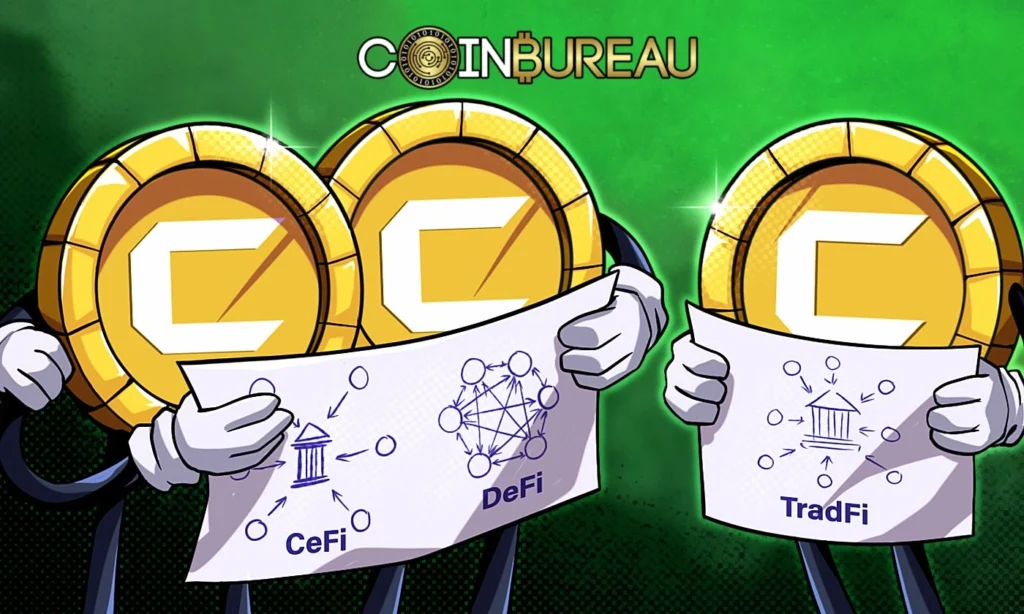
Let’s strip back the acronyms:
- TradFi = Traditional Finance. Think Wall Street, commercial banks, loan officers in gray suits. Safe, slow, and sometimes frustratingly bureaucratic.
- CeFi = Centralized Finance. The crypto world’s compromise—Binance, Coinbase, and their peers. Crypto-powered, but still company-run. You get digital assets, but someone else holds the keys.
- DeFi = Decentralized Finance. The rebels. No middlemen, no banks. Just users, smart contracts, and the blockchain. Full control… and full risk.
It’s not just about technology. It’s about power—who holds it, who gives it up, and who’s pretending not to.
Control, Trust, and That Dirty Word: Responsibility
Here’s where the gloves come off.
TradFi says, “Trust us—we’re regulated.” Sure. But try sending money internationally in less than three days. Or ask how transparent your bank really is about fees.
CeFi says, “We’re better than banks—faster, friendlier, and still give you a safety net.” Sounds great… until one of them pulls an FTX and vaporizes billions in customer assets overnight.
DeFi says, “Don’t trust anyone. Trust the code.” Romantic? Yes. Practical? Sometimes. But forget your wallet passphrase and guess what? There’s no ‘Forgot Password’ link on the blockchain.
The bottom line: TradFi gives you regulation, CeFi gives you usability, and DeFi gives you sovereignty. But each one takes something in return. Pick your poison.
There Is No “Best”—Only Trade-Offs
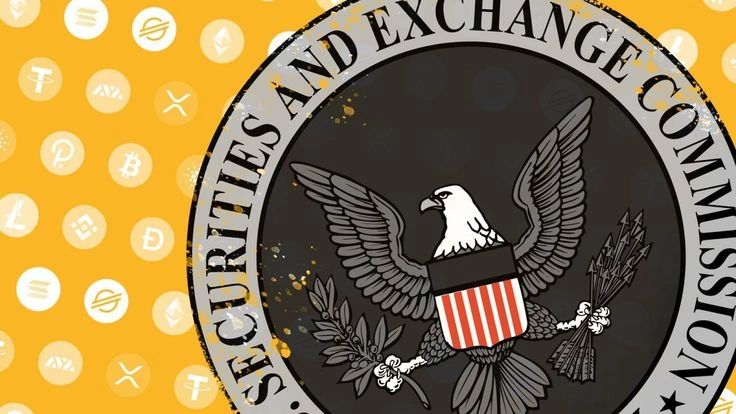
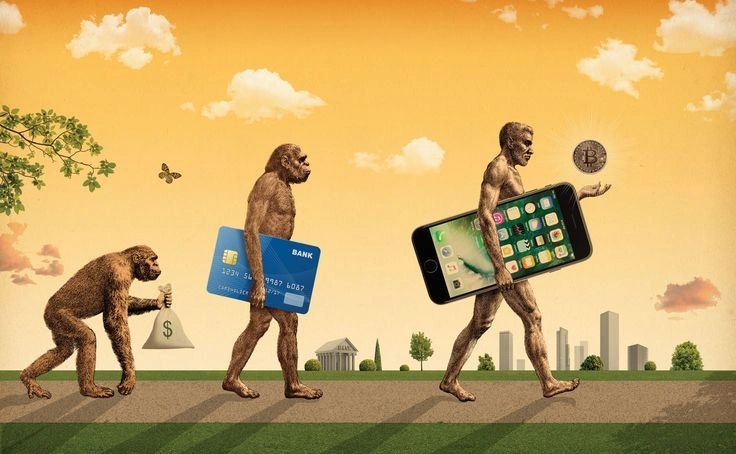
Let’s not kid ourselves—there is no perfect system.
- TradFi wins on stability and scale. If you want a mortgage, it’s still your go-to. It’s built for the average person, not the crypto-savvy crowd.
- CeFi nails the user experience. It lets newcomers get their feet wet without diving headfirst into DeFi’s complexity.
- DeFi is the wild frontier. Transparent, innovative, global. It’s doing things banks can’t even imagine. But it’s also riddled with exploits, ponzis, and, frankly, projects that shouldn’t exist.
So which is better?
Depends on what you value more—freedom, convenience, or security. And if you’re lucky, maybe all three. But don’t bet on it.
DeFi vs CeFi vs TradFi: Are We Headed for a Financial Truce?
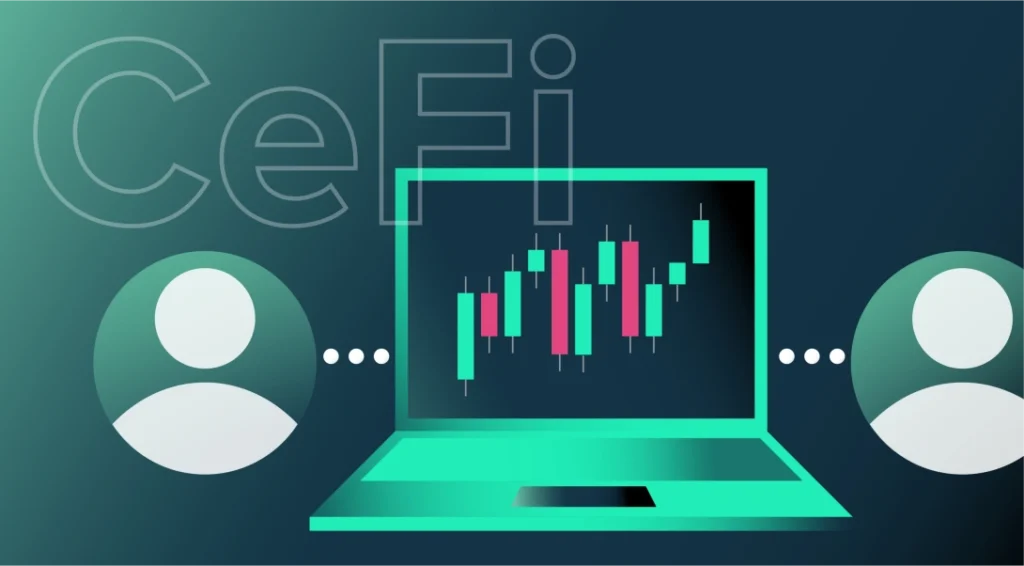
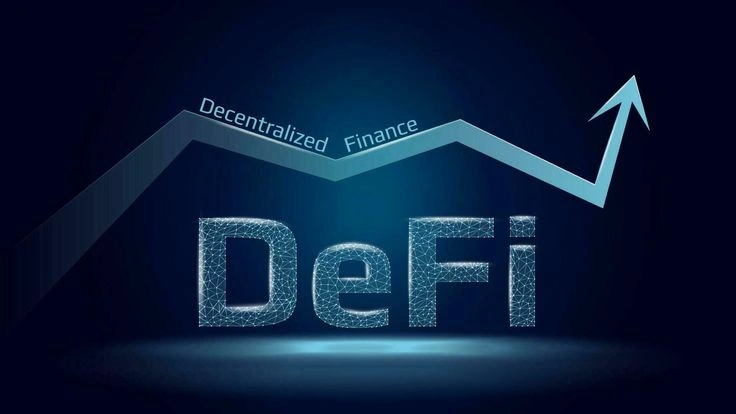
Maybe we don’t have to choose. Maybe this isn’t a war—it’s a merger in progress.
Traditional banks are experimenting with blockchain. Central banks are researching digital currencies. CeFi platforms are offering DeFi services with training wheels. And DeFi? It’s trying to grow up—adding insurance, user protections, and even (gulp) compliance tools.
It’s messy. But progress usually is.
We’re seeing the edges blur. The future might look less like “DeFi vs CeFi vs TradFi” and more like DeFi+CeFi+TradFi—a stitched-together ecosystem, whether the purists like it or not.
DeFi vs CeFi vs TradFi: Final Word- Why This Matters

This isn’t just a finance nerd debate.
This is about who gets access, who gets control, and who makes the rules in the next era of money. It’s about financial freedom vs systemic risk. About gatekeeping vs openness. About whether your financial future is managed by a suit, a startup, or a smart contract.
So don’t tune out. Learn the systems. Question them. Choose with your eyes open.
Because whether your money sits in a bank, an app, or a decentralized protocol, one thing’s for sure: the future of finance is already happening—and you’re in it.
Relevannt News: HERE




